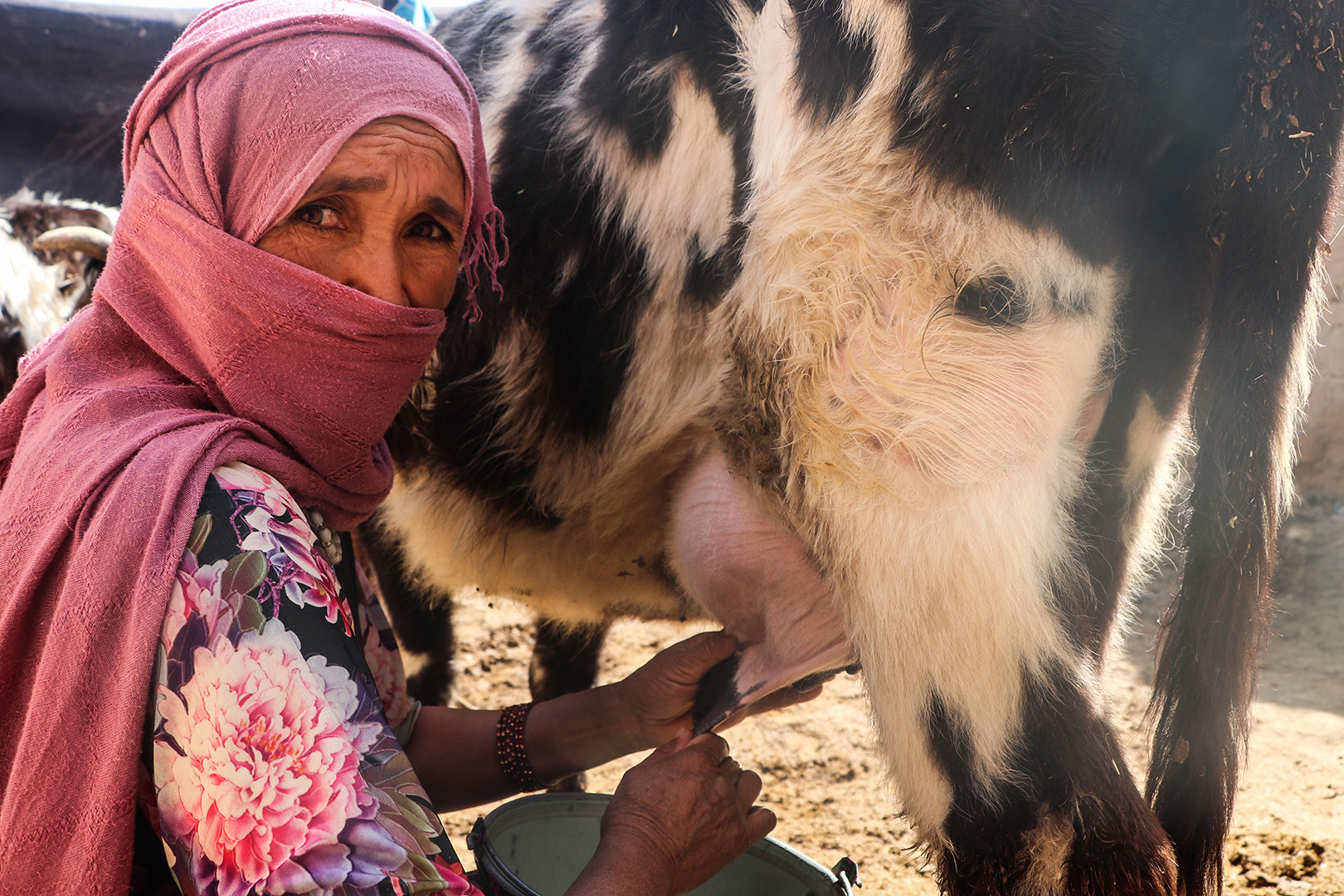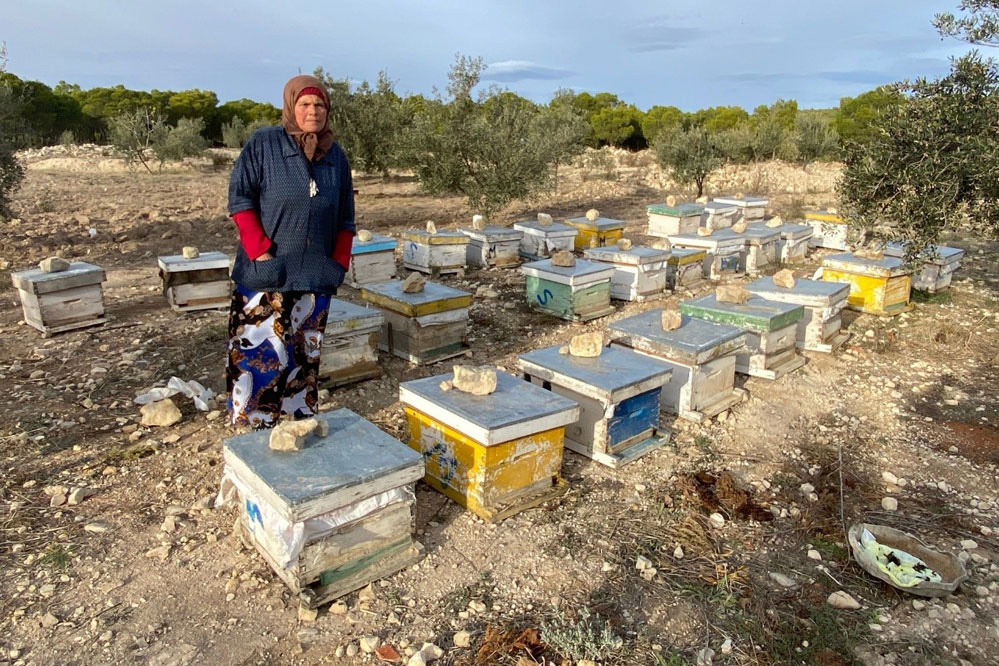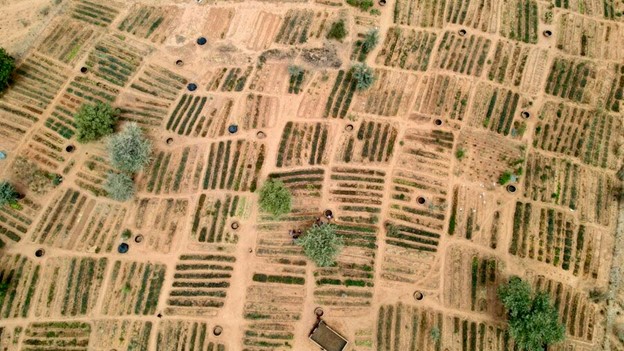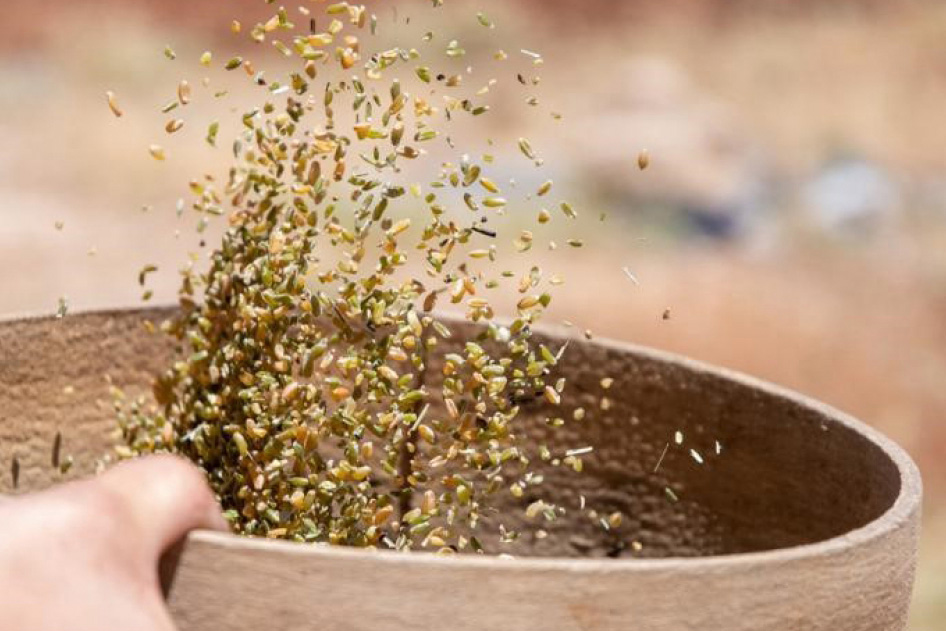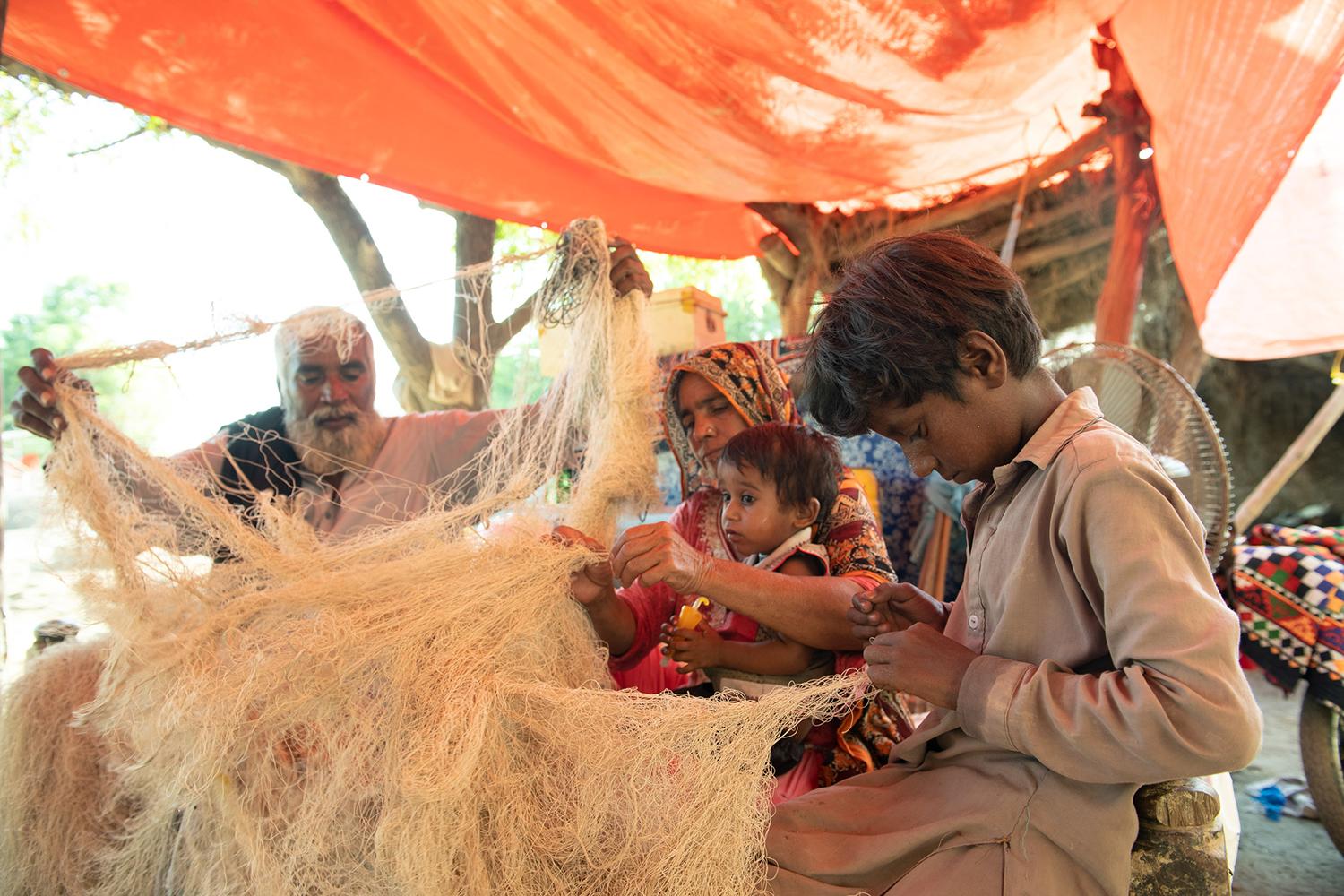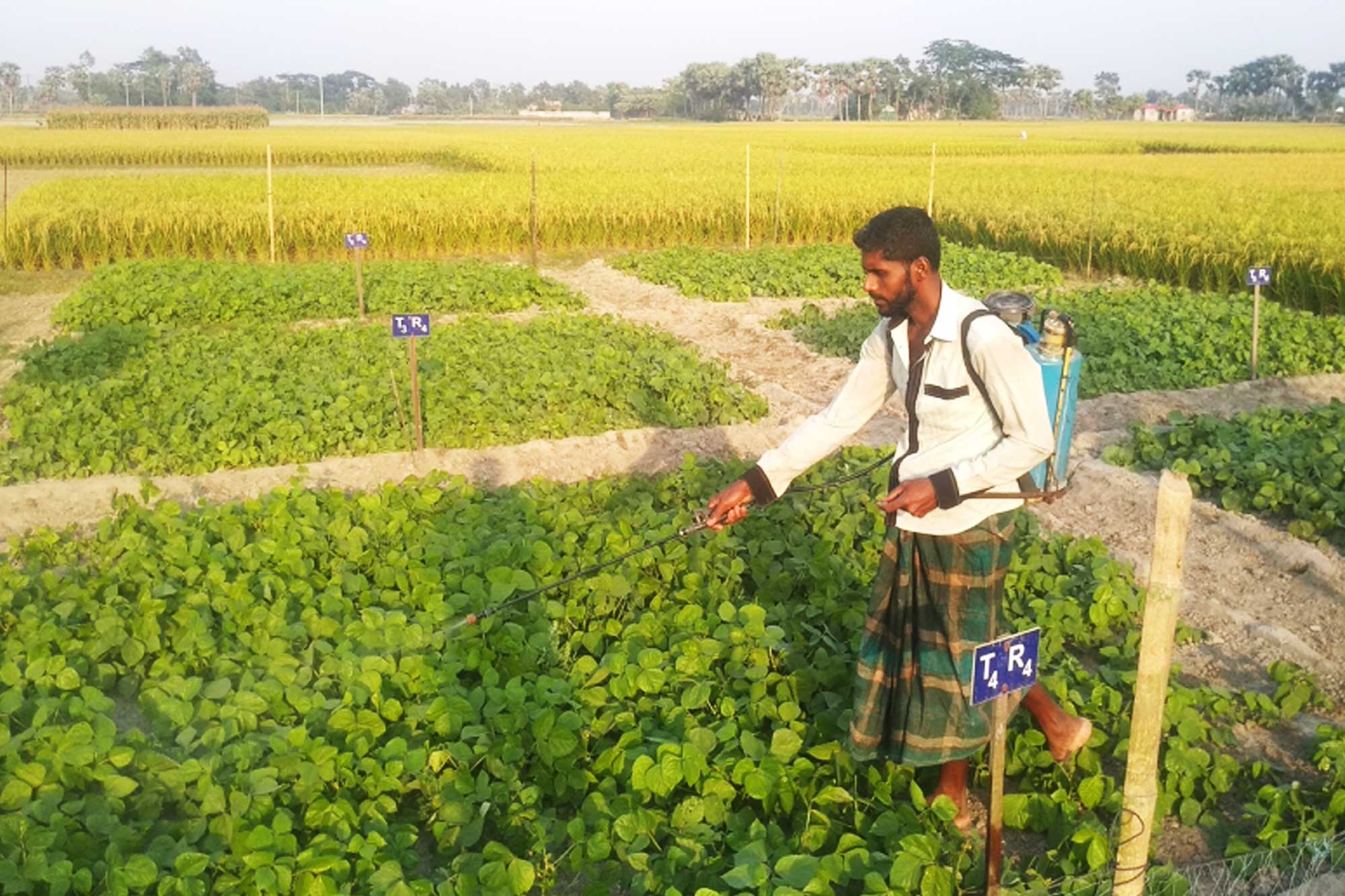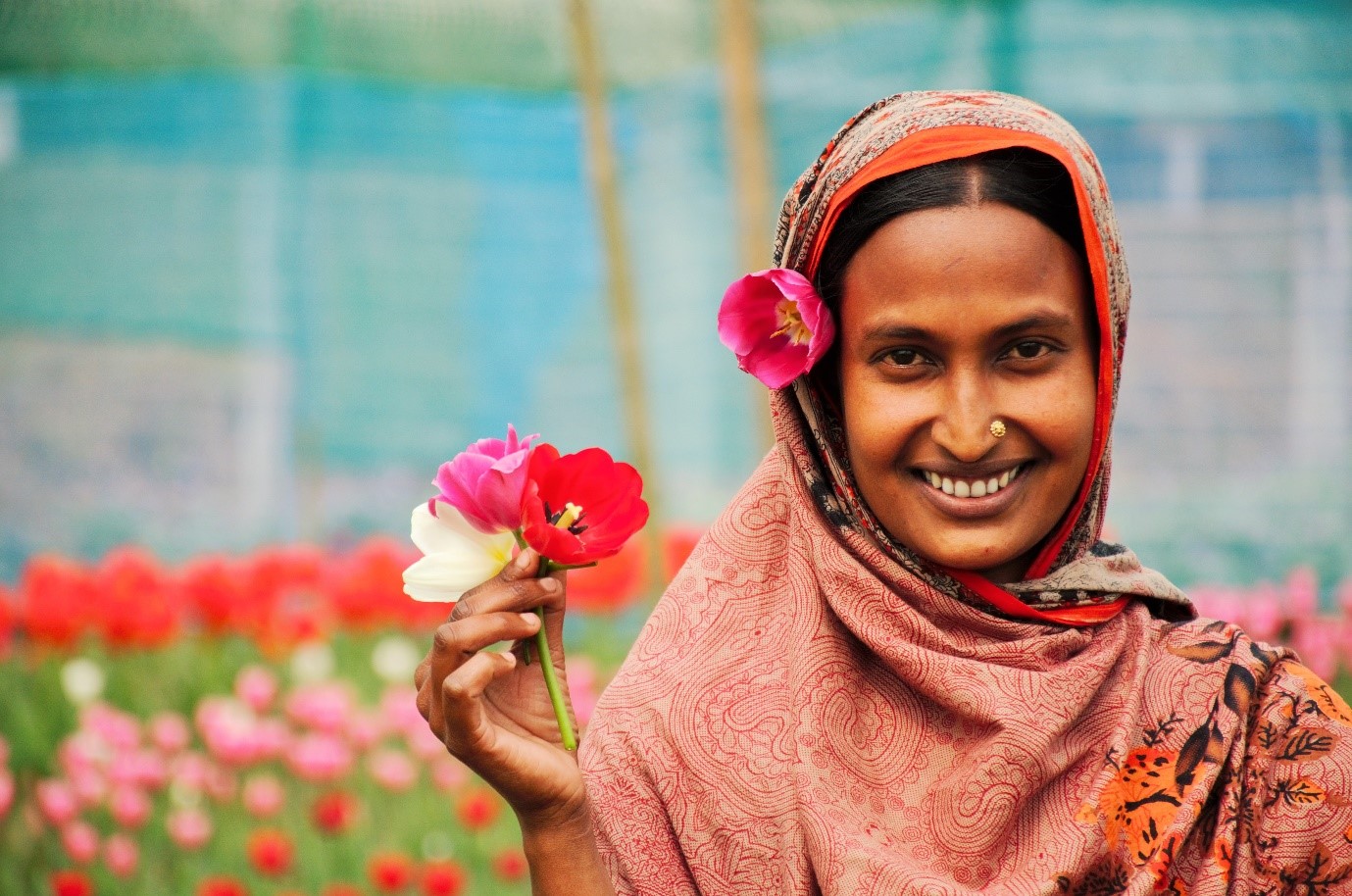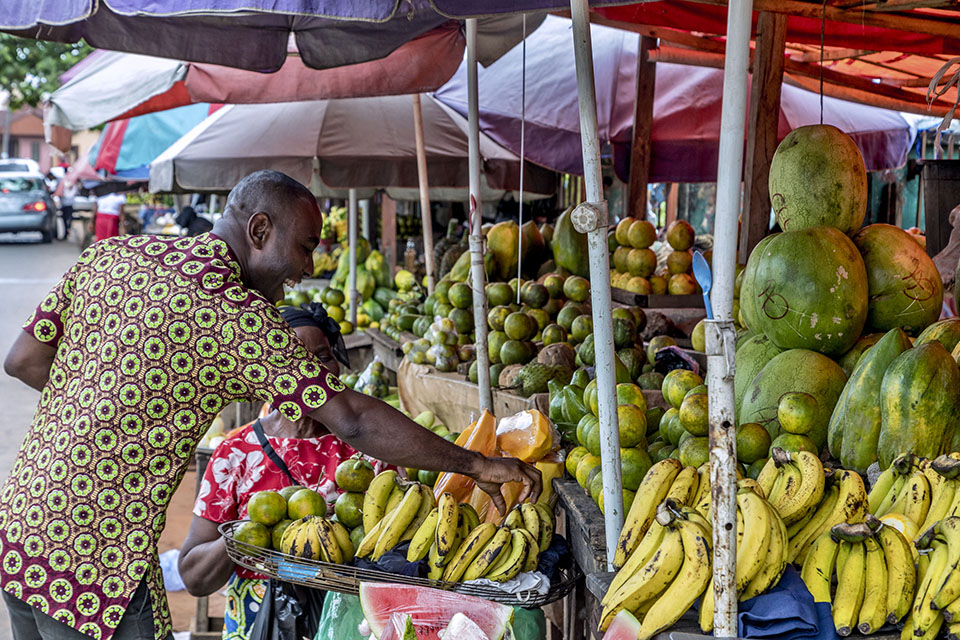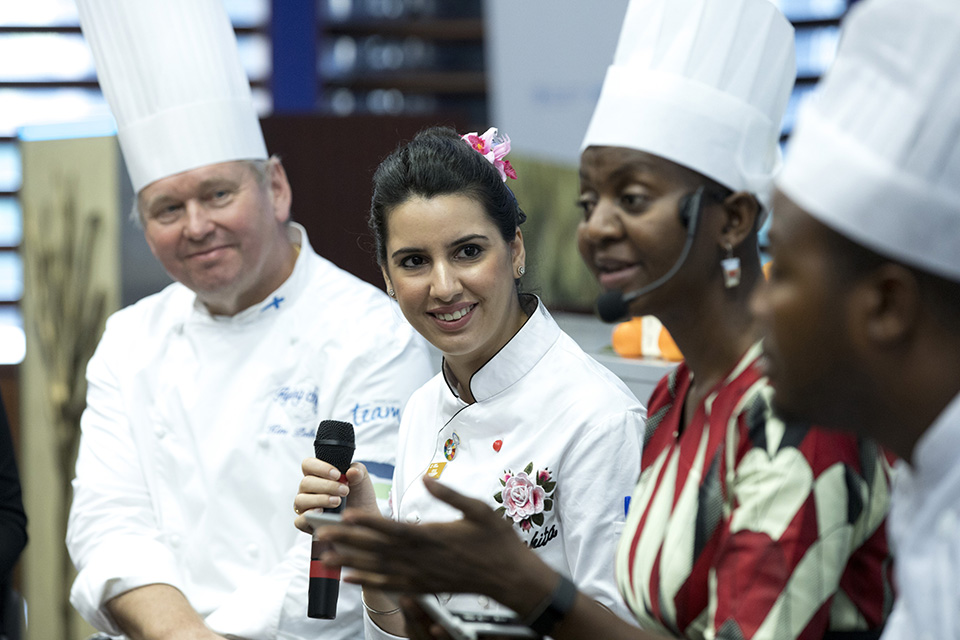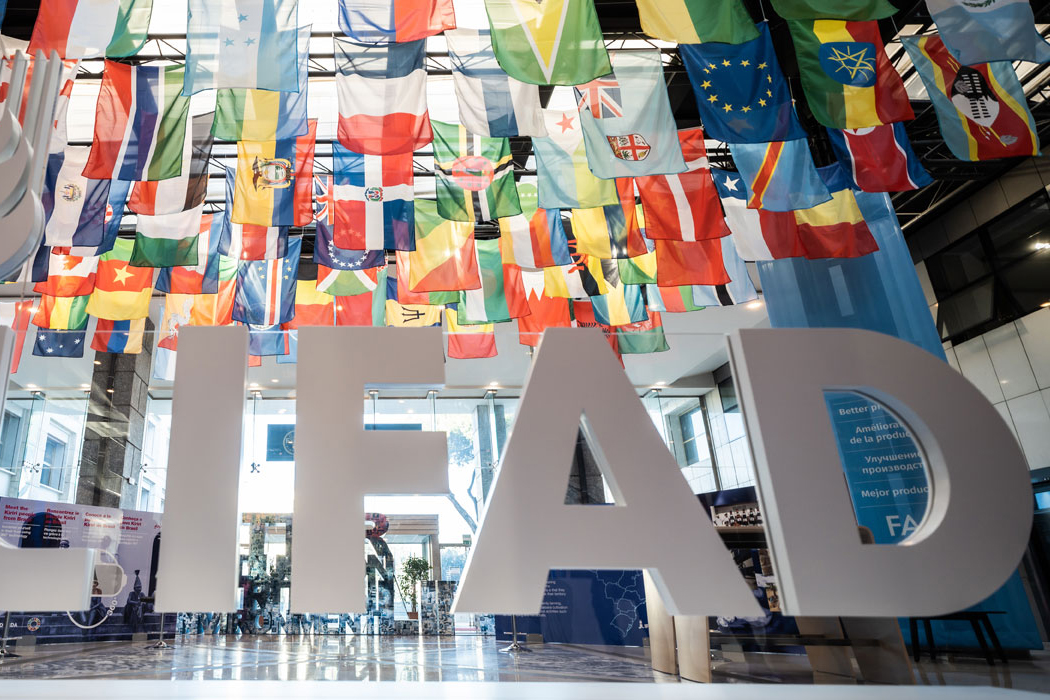For Zulaikha, a 48-year-old, widowed the cost of the everyday items she needs for her family of six seems beyond her means. Like many other smallholder livestock keepers and farmers across Afghanistan, Zulaikha’s livelihood has been battered by a combination of severe drought, the COVID-19 pandemic and the lack of economic prospects in the recent past. Things began to improve after FAO supported her with emergency assistance for her livestock to enhance the health of her animals and increase the family’s access to nutritious food through improved dairy production.
Agriculture and Food
Bees and other pollinators are the tiny linchpins of diverse food systems – some bees also make honey. That's why many rural people around the world have taken up beekeeping, with IFAD’s help.
FAO and partners are helping Maasai men and women become beekeepers which is helping regenerate the forests around their hives.
The thermometer is already hovering near 40°C (104°F) before noon in a remote village in Niger’s southwestern Tillaberi region. Despite these high temperatures, WFP-supported community gardening initiative, Integrated Resilience Programme, has transformed the once-barren earth with promising payoffs for the farmers. In regions severely affected by the food crisis, a striking 80 percent of villages benefitting from WFP resilience activities did not require humanitarian assistance last year. These initiatives include land rehabilitation where more than 233,000 hectares have been rehabilitated since the initiative’s launch in 2014.
After attending a WADA workshop, Norma Kozah Rahmen and her daughters, who help her when they have time off from technical school, are growing freekeh for the first time in their own home garden. “I am now aware of its economic and nutritive value… I am growing the wheat myself this year on my land to produce freekeh for my family and to sell the extra quantities since it is in big demand now,” says Norma. WADA is one of 255 women group beneficiaries of an FAO project funded by Canada that supports women’s cooperatives, associations and informal groups in the agrifood sector in Lebanon.
Youth around the world are invited to create a paper or digital illustration to portray one of the six main steps of the seeds’ journey to the International Space Station (ISS), and what happens when they arrive back on Earth.
Climate anxiety grips fishermen in Pakistan
Muhammad Kasim, his wife, and eldest son repair fish nets damaged during the recent floods. “We come from a family of fishermen. Fishing is in our blood – it is my badge of honour. It’s also our only source of income,” said Kasim. His lifelong profession and source of income for his large family is now in jeopardy until waters recede and ecological balance is restored. Income from fishing heavily depends on the season. As the floods struck during peak fishing season, local fishermen will have to seek other options to put food on the table. In 2022, the Government of Pakistan launched the “Living Indus” initiative to restore the river’s ecosystem, so the Indus basin can become resilient to climate change.
FAO together with the competent authorities engages many other stakeholders, including researchers who study the food safety issues of cell-based food, private cell-based food developers and producers, and non-governmental organizations to collaborate in this space to advance our collective knowledge.
The World Bank has spent more than $12 billion, out of the $30 billion committed last year, on nutrition security projects and lending – with almost half for Africa, one of the hardest hit regions by the food crisis.
A visit to the doctor often begins with a stethoscope to assess the heart and lungs because before you treat someone, you need to know how they are. Similarly, to guarantee healthy soils for sustainable agriculture and food production, you first need to know their condition. Soils are the starting point of food and agriculture. Without healthy soils (to provide nutrients), water and air (for plant growth and development), we cannot grow the nutritious food we need to lead healthy lives. Yet, soil degradation is a global problem. Currently, around one third of the world’s soils is degraded. The situation will continue to worsen if we do not take action. FAO’s Global Soil Doctors Programme started to do just that.
There are almost as many smartphones on the planet as there are people. From messaging, to maps, to mobile payments, it's almost impossible to imagine a world without internet or devices. Yet, for many women in developing countries, this is their reality. Here, men are twice as likely to use the internet than women. To empower rural women, and help them contribute to economic growth, access to the internet and digital platforms is vital. IFAD trains women in digital finance and marketing, and ensures they have access to the technology they need to connect to the rest of the world. Find out more in this story about taking tomato-growing to new heights in Pakistan, and texting for tulips in Bangladesh.
FAO has made publicly available country-by-country indicators on healthy diets that show their cost - including by food group - and the number of individuals unable to afford them.
Choose a dish to prepare using a type of millet. Record a video of yourself preparing your recipe and tell us about it. Share it! @FAO #IYM2023 #YearofMillets
Despite the colossal damages to its agriculture caused by the war, the country is still committed to contribute to world food security and to empower small scale farmers.
The celebration of World Pulses Day by FAO presents a unique opportunity to raise public awareness about pulses and the fundamental role they play in the transformation to MORE efficient, inclusive, resilient and sustainable agrifood systems for better production, better nutrition, a better environment, and a better life, leaving no one behind.

